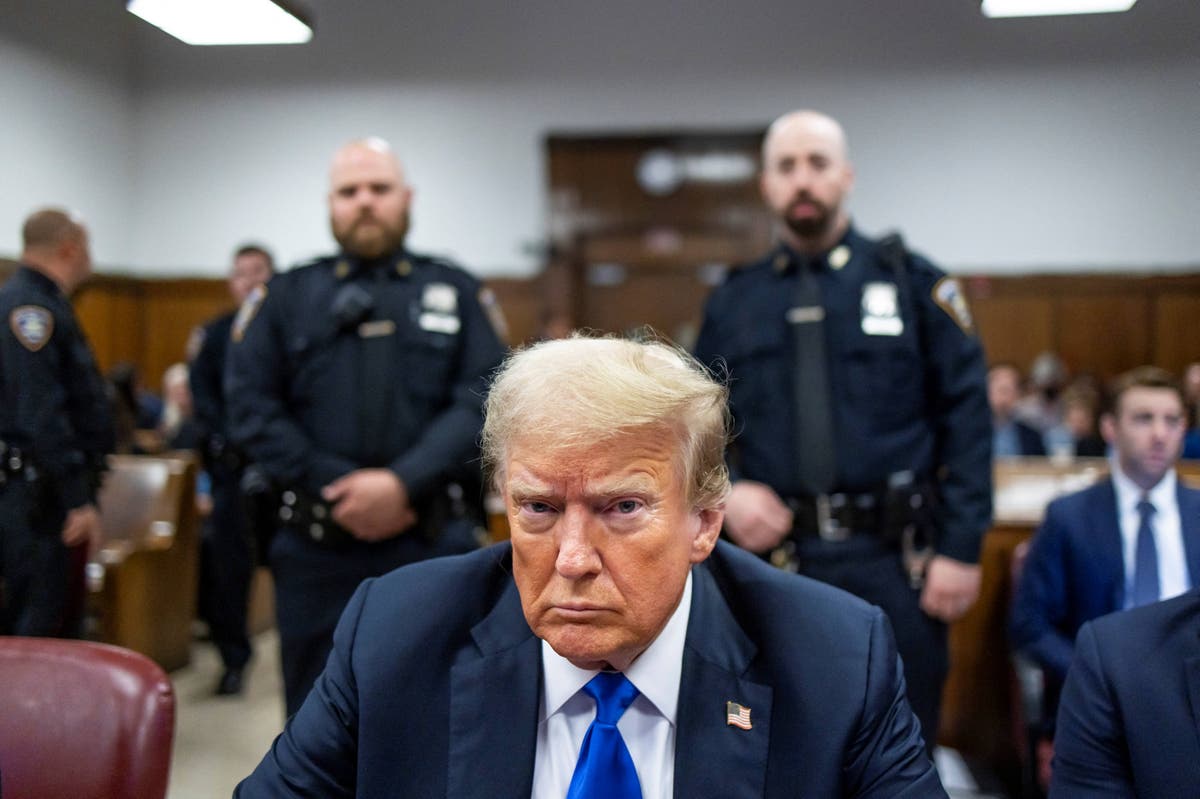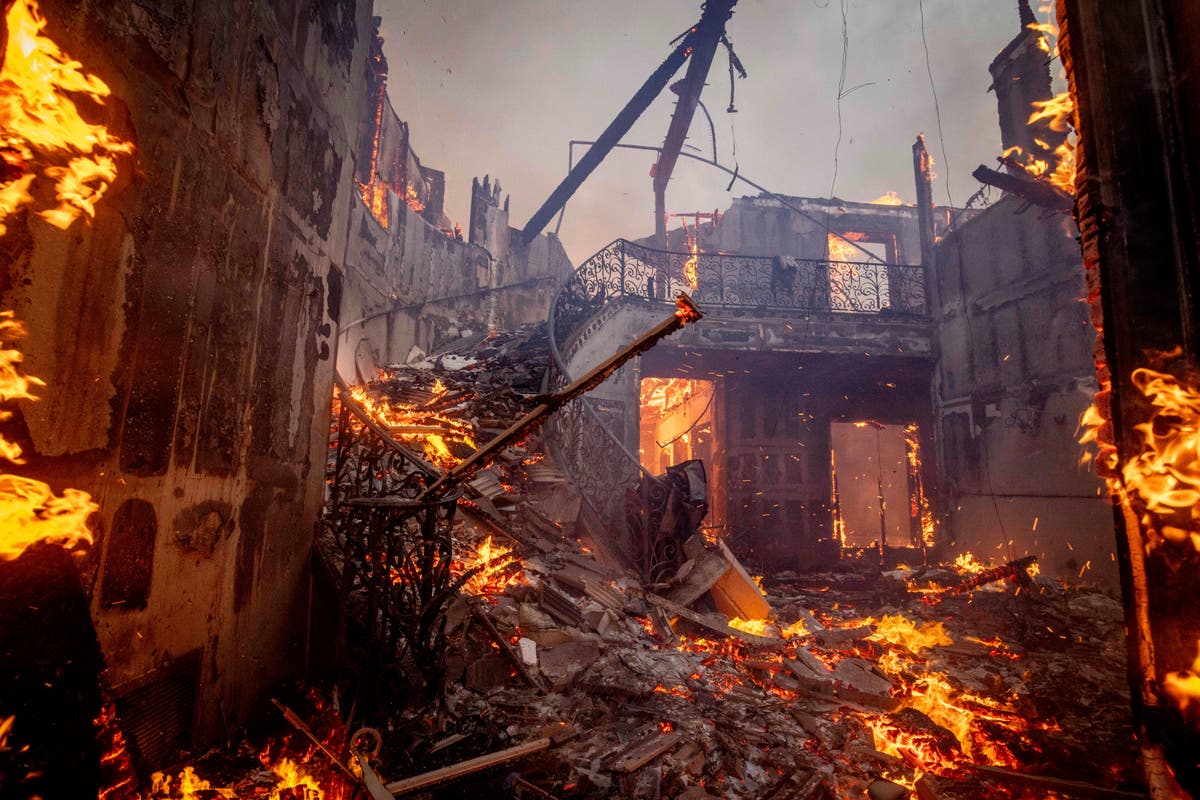A month after a ceasefire agreement between Hezbollah and Israel, concerns are mounting in Lebanon about its potential breakdown, fueled by alleged violations and troop movements. The fragile truce, established after over a year of cross-border attacks, is facing increased scrutiny from multiple sources, including Lebanese officials and analysts.
Despite the ceasefire largely holding, sporadic incidents and accusations of violations are raising alarm. A Lebanese government source expressed deep concern, stating they are "sitting on a time bomb," highlighting the uncertainty surrounding the stability of the current situation.
Another government source, with close ties to Hezbollah, indicated apprehension over Israel's actions, particularly the restriction of civilian returns to southern Lebanon. These restrictions are viewed as a potential disregard for the terms of the ceasefire agreement.
The Lebanese Army has reported an incursion by Israeli forces into southern Lebanese areas, specifically al-Qantara, Adsheet al-Qusayr, and Wadi al-Hujeir. This has prompted the army to reinforce its presence in the area and coordinate with the United Nations Interim Force in Lebanon (UNIFIL). Hezbollah lawmaker Ali Fayyad condemned the incursion as "extremely dangerous," escalating concerns over regional stability.
However, not all viewpoints align. Political analyst Makram Rabbah suggests the incidents are not breaches, but rather an implementation of the agreement that gives Israel the right to counter Hezbollah rearmament efforts.
A Lebanese security source stated that Israeli violations since the November 27 ceasefire have exceeded 259. The agreement stipulates Hezbollah’s withdrawal north of the Litani River, approximately 30 kilometers from the border, while Israel is to execute a phased withdrawal within 60 days, overseen by the Lebanese Army.
According to Riad Kahwaji, founder of the Institute for Near East and Gulf Military Analysis, Israel is potentially leveraging Hezbollah's weakened position. He suggests the international community is overlooking these violations to prevent Hezbollah's rearmament, particularly since Hezbollah has not yet retaliated. Kahwaji believes that any response from Hezbollah would likely invite a forceful reaction.







